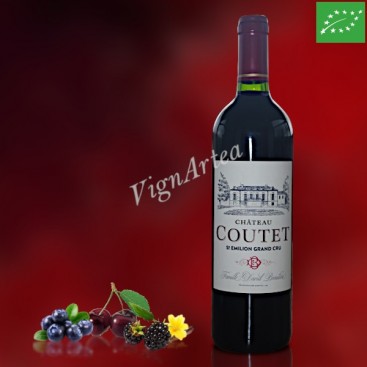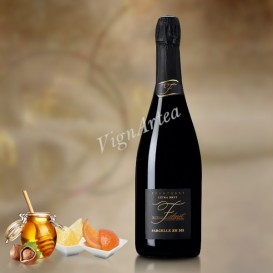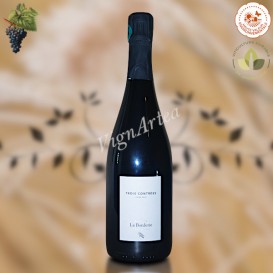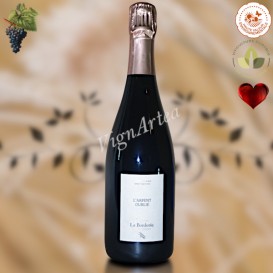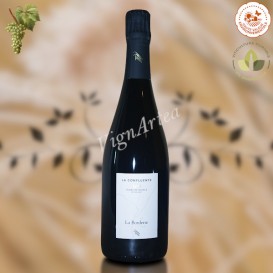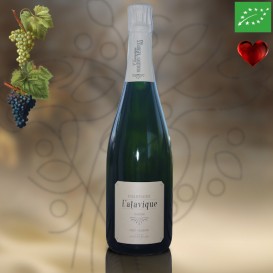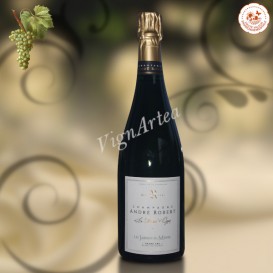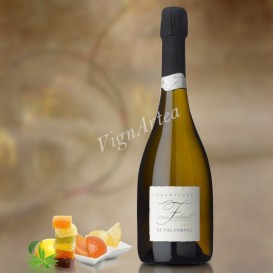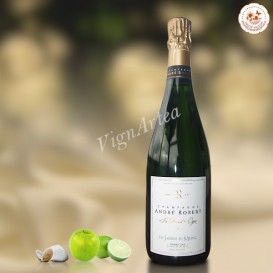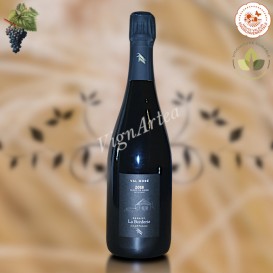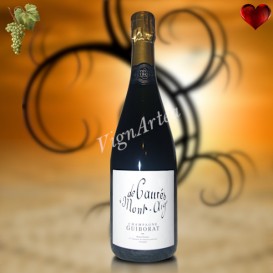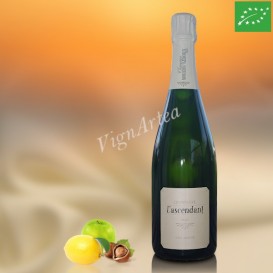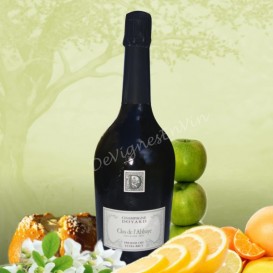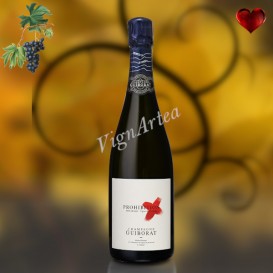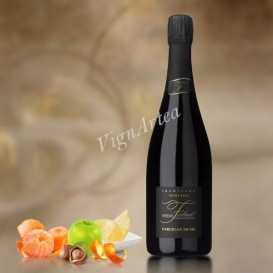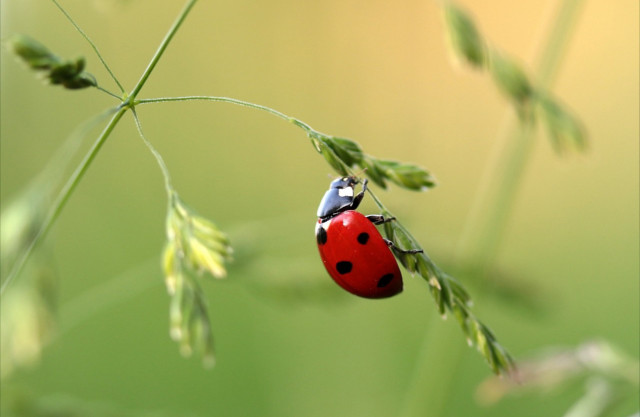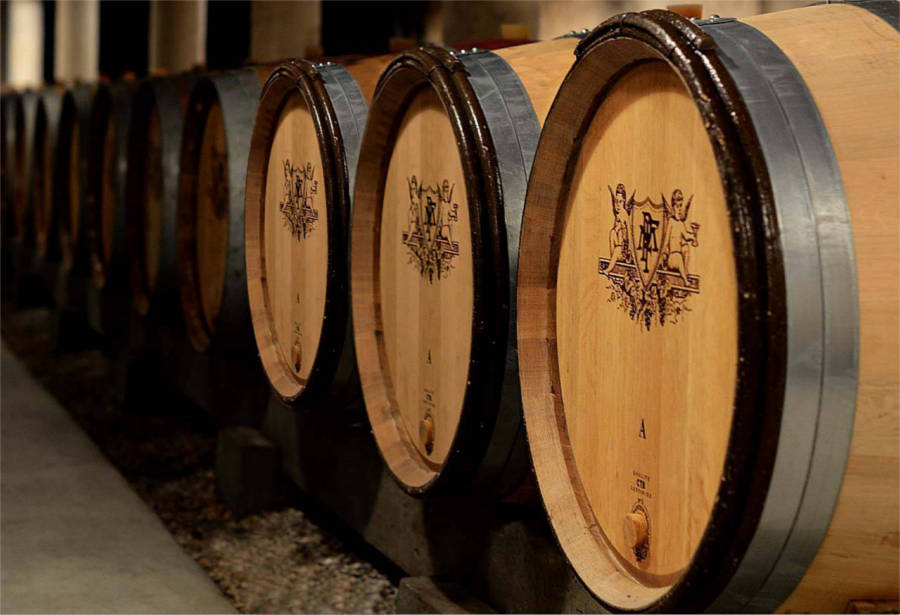Château COUTET 2017 (DAVID-BEAULIEU Family)
BORDEAUX - AOP SAINT-ÉMILION GRAND CRU CLASSÉ - RED WINE
Grape varieties: Merlot (60%), Bouchet (30%), Prayssac (7%), Cabernet Sauvignon (3%)
Organic Wine Native yeasts
Ageing in oak barrels and in tanks for 18 months
- Nose: rich and dense. Pepper notes, ripe black fruits, leather and a hint of menthol.
- Palate: fine tannins. Nice finish with a hint of vanilla.
Tasting date: October 2020
OUR OPINION: robust - rich - fragrant. A generous Bordeaux Grand Cru with great finesse.
DESCRIPTION
The Château Coutet cuvée is the estate main wine ; it consists of a blend of grape varieties and terroirs. The grape varieties are blended in the following proportions :
- 60% Merlot à Queue Rouge,
- 30% Cabernet Franc, locally called Bouchet,
- 7% Malbec, locally called Pressac or Prayssac,
- 3% Cabernet Sauvignon.
Note that the Merlot à queue rouge is an old variety of Merlot which, according to the estate, dates from the Middle Ages : it is characterized by low yields and by the production of small grapes, unlike recent varieties of Merlot which are more productive and whose yield must be voluntarily limited. The genetic heritage of this Merlot variety has been carefully preserved by the estate over the centuries thanks to the sélection massale, a reproductive technique consisting in cutting the mother plant in order to preserve all its characteristics
.
TERROIR
The terroir of Château Coutet rests on soils dating from the Oligocene, a tertiary geological period which took place between -34 and -23 million years and during which the Aquitaine basin experienced many geological events characterized by a gradual withdrawal ot the seas that covered the region. The basin then resembled a marine golf with the presence of lakes and swamps at the origin of a fluvio-lacustrine sedimentation. A last marine trangression took place during this period, and is at the origin of a starfish fossil-rich limestone bench deposit called Calcaire à Astéries.
The plots located on the Saint-Martin plateau rest on this famous calcaires à astéries substrate, which was deposited during the last marine transgression that took place in the Oligocene. It is covered with a thin layer of colluvial deposits.
At the Côte de Franc level, which corresponds to the descent from the Saint-Martin plateau to Libourne, the calcaires à astéries gives way to a deeper surface soil composed of clays and castillon limestone which were deposited in a carbonate lake. The last plots, located at the hill foot, rest on a thick bed of feldspathic sands and green clays which were deposited in a fluvio-lake environment, when the region was a coastal area made from lakes and swamps.
The wine is made from a blend of these three terroirs in the following proportions :
- 35% sandy clay soil (terroir at the hill foot),
- 25% clay-limestone soil (Côte de Franc terroir),
- 40% limestone soil (terroir of the Saint-Martin plateau)
WINEGROWING & WINEMAKING
The David-Beaulieu family insists on this rare and historic fact : they have never used pesticides, weedkillers or synthetic products for the vines care, and the estate obtained the Organic Agriculture certification in 2012. This environmentally friendly approach has been further developed by adopting the agroforestry principles.
The action is concrete and the result is there : out of the 16 ha of vines, 4 ha are not cultivated and are reserved for flora and fauna. Flowers and tall grass are part of the landscape, the plots are surrounded by hedges to attract a maximum of birds and insects.
The same care is taken during the different winemaking stages : the grapes are harvested manually and carefully sorted. After destemming, the grapes ferment in temperature-controlled tanks. The alcoholic fermentation starts spontaneously with native yeasts and malolactic fermentation with natural bacteria.
The estate performs as few interventions as possible during fermentation, and the must is then aged for 18 months in vats (35%), in new oak barrels (20%), in oak barrels of one wine (25%) and in oak barrels of two wines (20%).
After the ageing phase, the must is fined with organic egg whites, and filtered before bottling.
| Country | Bordeaux |
| Color | Red |
| Orange wines | No |
| Clay amphorae wines | No |
| Type | Dry |
| Classification | Grand Cru |
| Vintage | 2017 |
| Capacity | 75 cl |
| Variety | Merlot (60%), Cabernet Franc (30%), Malbec (7%), Cabernet Sauvignon (3%) |
| Main Grape Variety(ies) | Merlot |
| Alcohol rate | 13,5 % |
| Quality Designation | Saint-Emilion Grand Cru |
| Cellar Potential | 10 - 15 years. |
| Service advise | 17°C (63°F). Open 1h before the service. |
| Culture Methods | Certified Organic Agriculture |
| Fining | Yes |
| Filtering | Yes |
| Comments | Ageing in tanks (35%), in new oak barrels (20%), in oak barrels of one wine (25%) , and in oak barrels of two wines (20%) for 18 months. |

